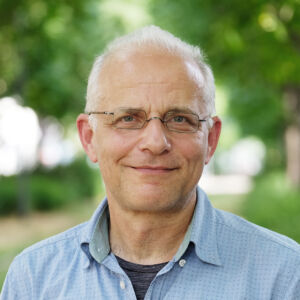Zum Sanieren motivieren. Eigenheimbesitzer zielgerichtet für eine energetische Sanierung gewinnen
Tanja Albrecht et al.
This joint project ENEF-Haus was dedicated to developing an integrated approach towards policy-making and consultancy for the purpose of motivating owner occupiers to undertake energy-efficient modernisation work on their buildings.
In ENEF-Haus, ISOE examined the inhibitors and motivators for energy-efficient modernisation. To this end, scientists conducted qualitative and standardised surveys with home owners. From this the team developed a target group model for the different home renovator types.
The consultancy approach developed in the project was matched to the different target groups. It set advisory services, marketing measures and political instruments in relation to each other, tuning them to the specific circumstances behind decisions made by the individual target groups.
Scientists here worked closely with practitioners from the fields of energy consulting, consumer information, campaigns and political instruments.
More than a quarter of Germany's energy requirements go on domestic heating and hot water supply. Through energy-efficient home renovation, this energy consumption and the allied CO2 emissions can be reduced by up to 80 per cent. Nonetheless, despite an array of available subsidies and advisory services, a mere one per cent of building stock actually undergoes energy-efficient renovation each year.
Fachhochschule Lausitz (Lead)
Institut für Ökoligische Wirtschaftsforschung gGmbH, Berlin (IÖW)
Bremer Energie-Konsens GmbH
Deutsche Energieagentur GmbH
GIH - Gebäudeenergieberater Ingenieure Handwerker - Bundesverband e.V.
Haus und Grund - Bundesverband
Verbraucherzentrale Nordrhein-Westfalen
ZAB - Zukunftsagentur Brandenburg
Österrreichisches Öko-Institut
Alto Adige/Ökoinstitut Südtirol
Statens Byggeforskningsinstitut (Danish Building Research Institute)
Tanja Albrecht et al.
How much do we really need for a good life? Which services and infrastructures enable a sufficient standard of living, consumption, or nutrition?
Go to Topic Page
